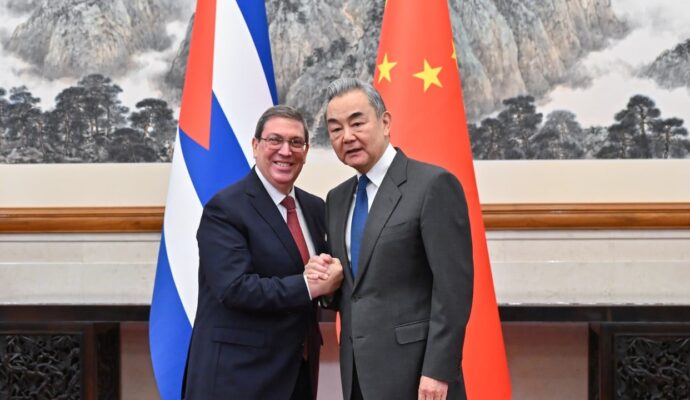But Zhan dislikes the ideological and political education classes and conferences that are mandatory at Chinese universities.
“I feel like my time is not being respected,” she added. “Homogenisation and formalism in domestic education are serious.”
This is despite Beijing’s strong support and investment in attracting talent and research development to compete internationally amid geopolitical tensions.
Since the reform and opening up in 1978 to the end of 2021, around 8 million Chinese students have studied abroad, according to the Ministry of Education, with applications soaring by 23.4 per cent in 2022 from a year earlier.
Master’s programmes remain the primary choice for Chinese students studying abroad at 81.2 per cent, according to the report released in March by EIC Education, a leading overseas study agency in China.
Statistics from the Ministry of Education also showed that the growth rate for the number of applicants applying for the postgraduate entrance exam slowed from 21 per cent in 2022 to just 3.7 per cent in 2023.
A dislike of exams, a flawed domestic education system and the decreasing benefits of a master’s degree for future employment have been blamed for the phenomenon.
To cultivate students, the most important thing now is to attract good students to get postgraduate education domestically
“To cultivate students, the most important thing now is to attract good students to get postgraduate education domestically,” Li Jun, a professor at the Shanghai Centre for Mathematical Sciences under Fudan University, said in July.
However, just like Zhan, many young people feel disappointed with the higher education system in China, driving them to study abroad.
“China’s postgraduate entrance exam system restricts students to applying for just one programme at one university, which creates substantial uncertainty,” said Jiangsu-based Blythe Lou, a third year university student in her 20s.
“But applying for postgraduate studies abroad without entrance exams allows students to have multiple options and flexibility.
“At least I will have more opportunities to study further,” added English major Lou, who is preparing applications for postgraduate studies in the UK and Hong Kong.

